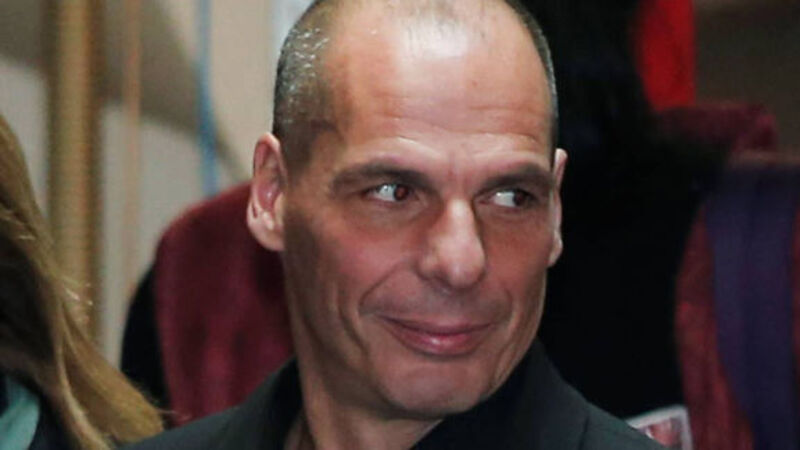Greece is fast running out of options to solve its debt crisis

The drama is about an eternal optimist sinking into a sandy mire. Varoufakis, who spent much of the week mud-wrestling with Germany’s powerful finance minister, Wolfgang Schäuble, may soon be in a position to pen some Beckettian accounts of his own.
The economist-turned-politician is known to be a follower of Game Theory as a guide to negotiation tactics. However, Varoufakis and his boss, Prime Minister Alexis Tsipras, may have been wondering at the weekend just how far their tactics have brought them.
















